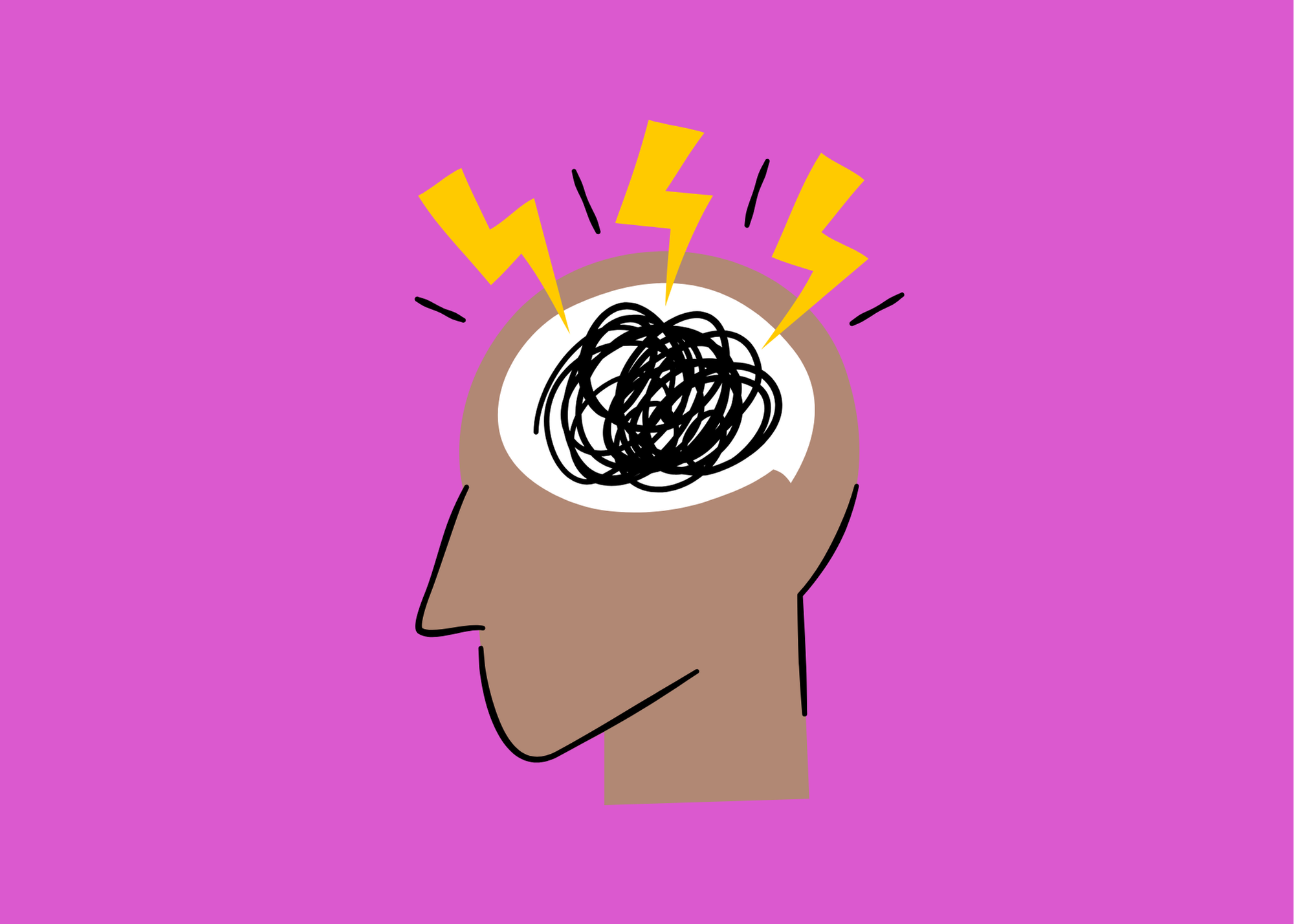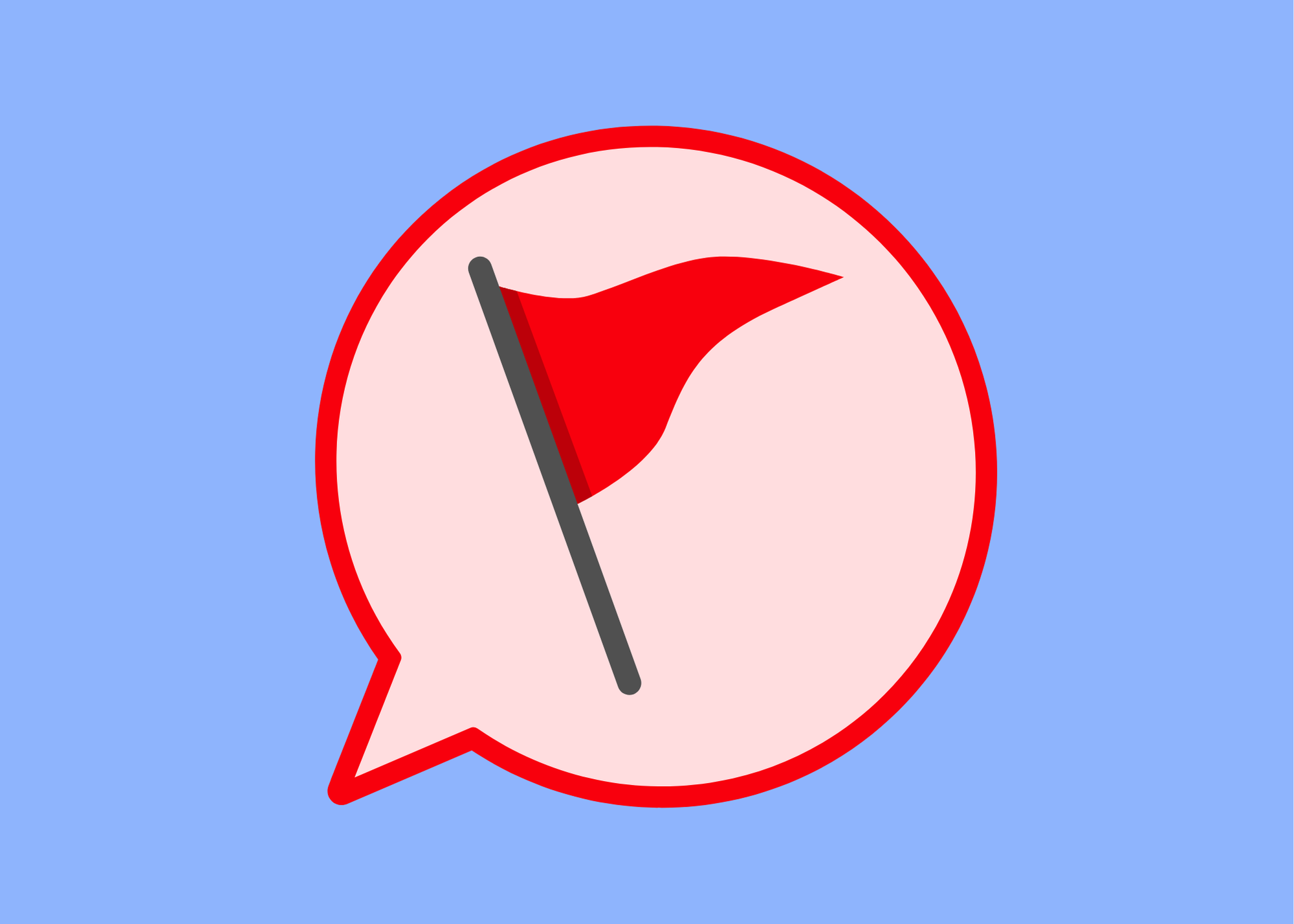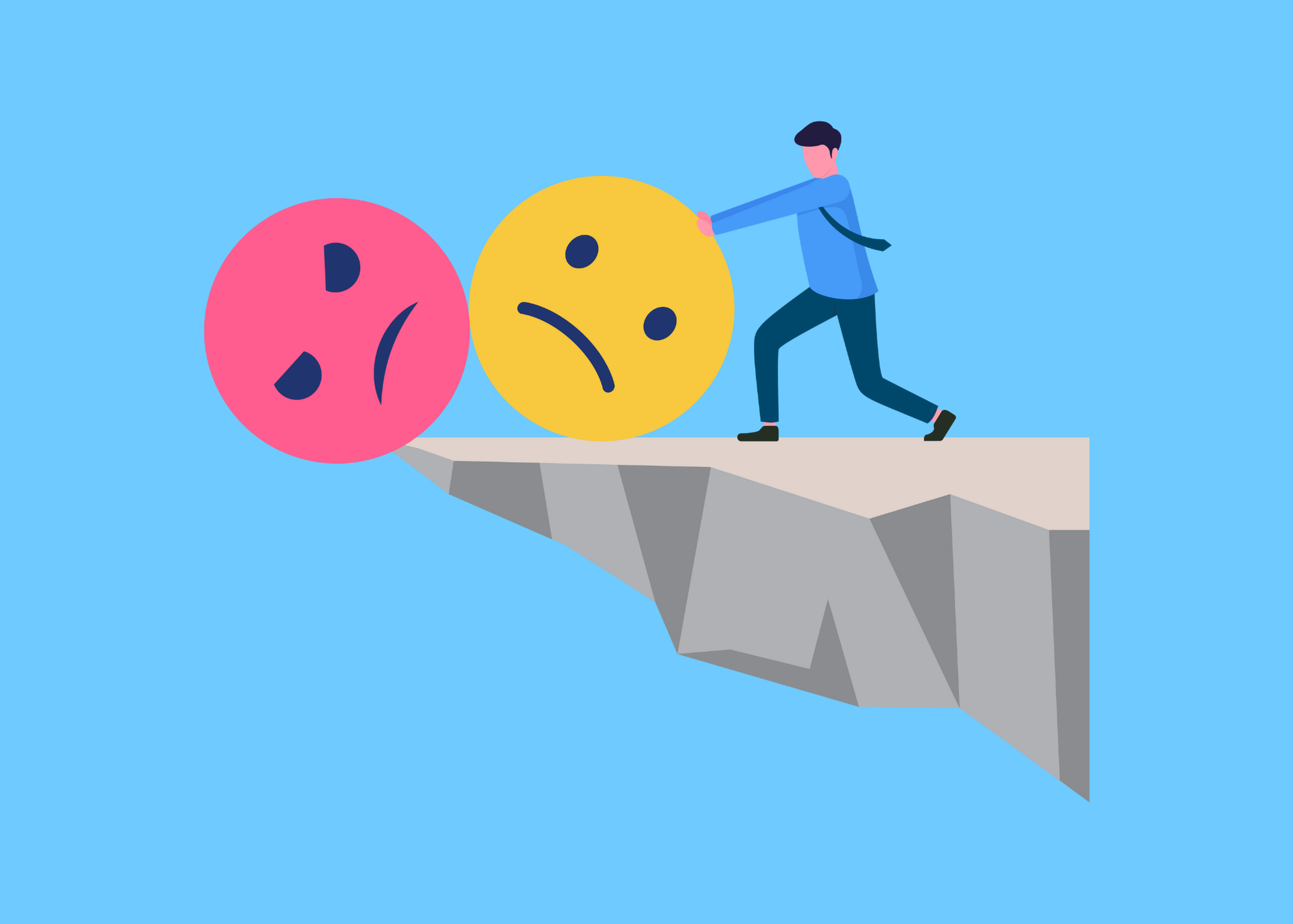Daily Emotional Check-Ins: A Habit That Can Change Your Life When Dealing With Stress
The Most Important Meeting of Your Day? The One with Yourself.
Every morning, you check your phone, your calendar, maybe even your emails before you’ve had a sip of coffee. But do you check in with yourself?
Before you step into the chaos of your day—meetings, deadlines, Slack pings—there’s one crucial thing you should do: take a pulse check of your emotional state. Call it a daily emotional check-in, call it self-awareness, call it emotional due diligence. Whatever works. The bottom line? This action can change the trajectory of your entire day for the better.
Why This Matters (Yes, There’s Science Behind It)
Emotions drive decisions. They influence how you show up at work, how you communicate, and whether you handle stress like a pro or let it wreck your productivity.
Neuroscience tells us that emotions aren't just passive experiences; they actively shape our cognition and behavior. Research in affective neuroscience (the study of how emotions affect the brain) shows that when we are unaware of our emotional state, we are more likely to make impulsive decisions, react poorly under stress, and even experience cognitive fatigue faster.
A study from the University of Toronto found that people who regularly assess their emotional states tend to have better emotional regulation, higher resilience, and improved decision-making skills. In other words, knowing what’s going on inside your head gives you the power to control it before it controls you.
The ROI of Self-Awareness
Taking 60 seconds to acknowledge how you’re feeling before diving into the day can:
Increase Emotional Intelligence (EQ): The ability to recognize and manage your emotions leads to better leadership, stronger relationships, and improved conflict resolution. (Harvard Business Review has written extensively on how EQ outperforms IQ in leadership effectiveness.)
Boost Productivity & Focus: If you wake up irritable or anxious, you can take steps to recalibrate before these emotions derail your day. Self-awareness is the antidote to distracted, reactive work habits.
Improve Interpersonal Interactions: When you’re aware of your emotional state, you’re less likely to take out frustration on colleagues, partners, or your barista. (Because let’s be real—bad moods are contagious.)
Reduce Burnout & Chronic Stress: Acknowledging stress allows you to address it before it compounds into burnout. Think of it as preventative maintenance for your mental health.
How to Do a Daily Emotional Check-in (No, You Don’t Need a Journal)
This isn’t some drawn-out, meditative exercise (unless you want it to be). A daily emotional check-in is simply pausing to ask yourself a few key questions:
1. How am I feeling right now?
Take a moment to identify your current emotional state. Are you feeling happy, sad, anxious, or something else? Naming your emotions is the first step in understanding them.
2. What does my body need at this moment?
Listen to your body. Does it need rest, movement, nutrition, or perhaps relaxation? Your physical wellbeing is closely linked to your mental health.
3. What self-care action can I take today?
Consider what actions might nourish and rejuvenate you. It could be as simple as taking a walk, reading a book, or practicing a hobby.
4. Is there anything I need to forgive myself for?
Self-forgiveness is a crucial aspect of emotional wellbeing. Reflect on whether there’s something you're holding against yourself and how you can let go of that burden.
5. What am I grateful for today?
Gratitude can shift your focus from what's troubling you to what's good in your life. Identify things you're thankful for to encourage a positive impact on your mood.
6. What are my needs that aren't being met?
Sometimes, negative feelings stem from unmet needs. Identify what needs—like connection, rest, or recognition—you might be neglecting.
7. What accomplishments can I celebrate today?
Recognize victories, even small ones, to help build self-esteem and motivation.
8. How can I be kinder to myself in this moment?
Treat yourself with the same kindness you’d offer a friend, rather than neglecting your needs or speaking negatively to yourself.
9. What's one thing I can let go of that’s not serving me?
Habits, thoughts, or obligations in your life might be holding you back. Imagine releasing them, and see which could help you find a greater sense of wellbeing.
10. What brings me joy, and how can I incorporate more of it into my life?
Identify sources of joy—like hobbies, personal relationships, or community endeavors—and make them a part of your routine to boost your mental health.
Bonus: Log It (Optional)
Keeping track of your emotional trends can help you identify patterns. (Do you always feel drained on Wednesdays? Maybe those back-to-back meetings need to go.)
Tools like Daylio, Moodnotes, or even a quick note in your phone can help track changes over time.
Why This Is About More Than Just You
Your mood doesn’t exist in a vacuum. The way you show up affects the people around you—your team, your family, the random stranger in the elevator. Ever had a boss storm into a meeting in a foul mood and kill the entire vibe? Exactly.
Conversely, emotional awareness fosters better leadership and collaboration. Studies show that emotionally intelligent leaders create higher-performing teams, reduce workplace stress, and foster psychological safety—an essential factor for innovation and performance.
Leveraging This Data for Performance
This isn’t just touchy-feely wellness advice—it’s a legitimate performance strategy.
CEOs, high-level executives, and elite athletes all use some form of emotional awareness to optimize their performance. When you know your emotional baseline, you can adjust accordingly:
Big presentation and feeling off? Do a quick breathwork exercise to regulate stress.
Wired and unfocused? Take a short walk to reset before tackling deep work.
Feeling sharp and energized? Schedule that high-stakes meeting now, while you’re at your best.
This is about playing smart with your energy and emotions, just like you would with your time and resources.
Final Thoughts
You don’t need an hour. You don’t even need five minutes. Just a quick internal scan before you dive into your day.
Your emotions are either working for you or against you—choose wisely.
So, tomorrow morning, before you check your inbox, check in with yourself first. It might just be the smartest move you make all day.
Need Help? You don’t rise to the level of your goals—you fall to the level of your nervous system.
If you want to be calm under pressure and bounce back faster, you need more than willpower.
🧠 Book your free 20-minute strategy session. Let’s build a system that actually supports your success.
Article References
The sources cited in the article:
The New York Times (NYT). “How Are You, Really?” NYT - How Are You, Really?
Psychology Today (PT). "The Importance of Checking In With Yourself." PT - The Importance of Checking In With Yourself
National Institutes of Health (NIH). “Emotional Wellness Toolkit.” NIH - Emotional Wellness Toolkit
Positive Psychology (PP). "25 Self-Reflection Questions: Why Introspection Is Important." PP - 25 Self Reflection Questions
Calm. “10 Mindfulness Questions to Help Check-In With Yourself.” Calm - Mindfulness Questions to Check-In With Self






